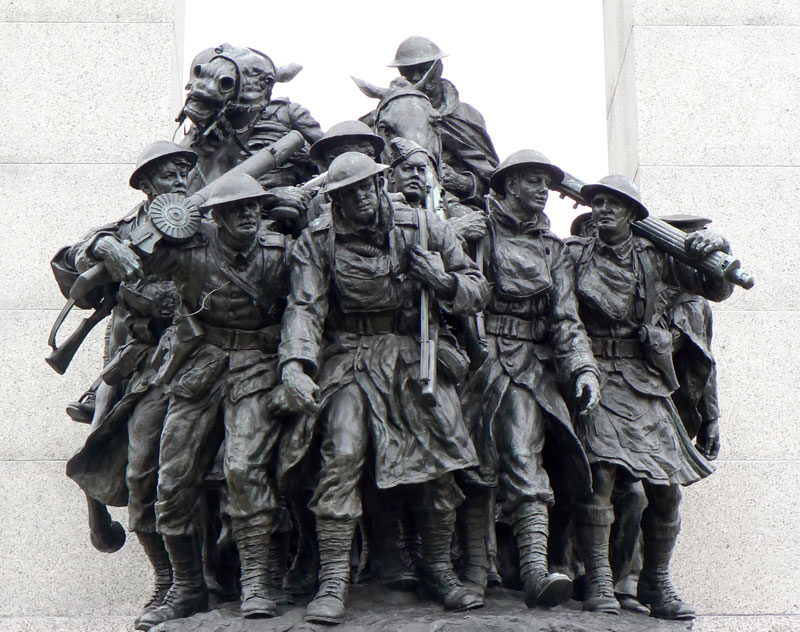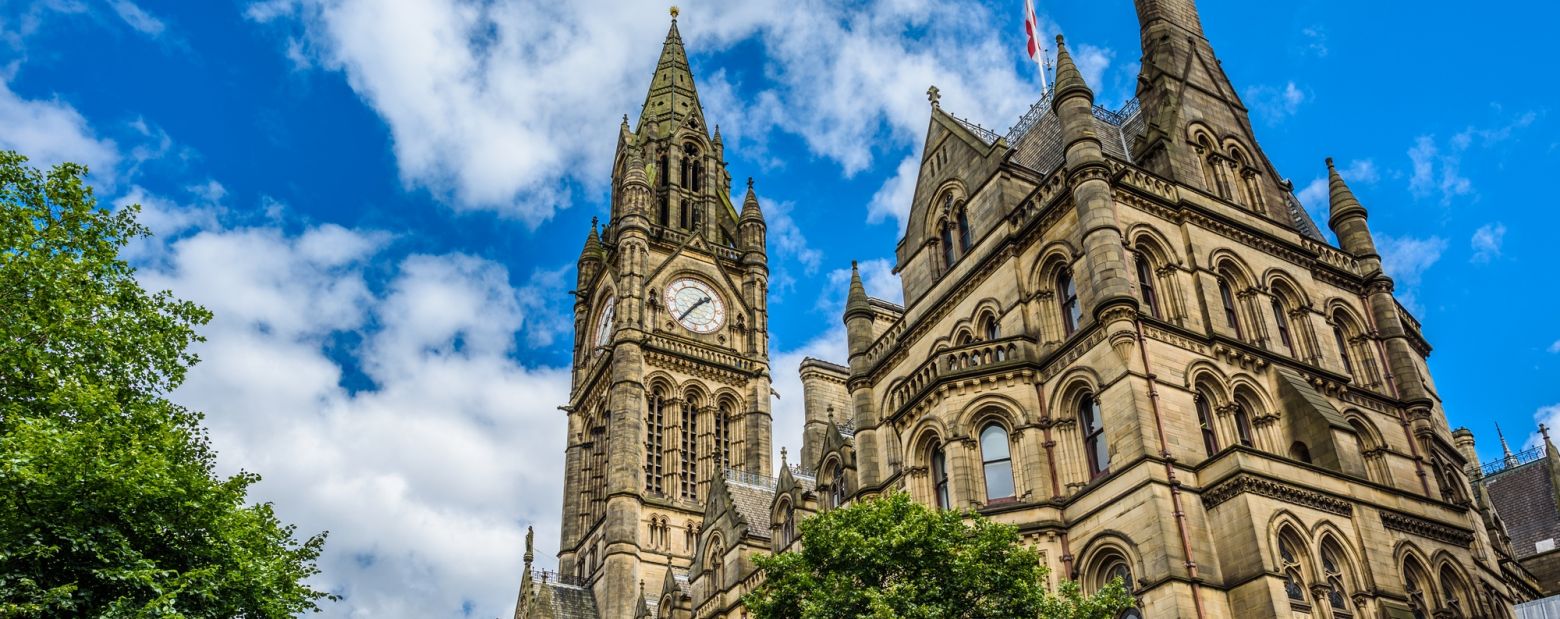Do you want to study History at University?
18th June 13


Before I go, what sort of A Levels will I need?
History is one of the most popular degree courses in the UK, and nearly every single university has some kind of history degree. Some are very broad in their subject matter, and some are very specific, so it’s probably a good idea to work out exactly what sort of history you want to study and which university offers the best programme for that. As it is such a popular degree, to go to the best universities, you’re going to need face stiff competition, and going to need to produce the best grades.
It is also not unheard of for history applicants to find themselves with no offers sometimes, especially if they have applied to the bigger, better universities. Don’t panic, there is way to ensure that this doesn’t happen to you. History applicants have been advised to scale their applications and target their applications sensibly. It regarded as very foolish to apply to five universities that are in the top ten – these are known as high risk universities – as you are unlikely to get offers from all of them. Your best strategy is to target one or two of the top ten – the ones that best fit your needs – and then two or three universities outside the top ten.
As far as what A Level subjects you need, a lot of universities do not require any specific A Levels at all, not even history, although when it is not compulsory, it is recommended. You are encouraged to have as broad a subject range as possible.
Where should I go and study?
According to The Complete University Guide 2014, the best places to study History in the UK are:
University of Cambridge – Faculty of History
Expect Cambridge to offer you A*AA at A Level. History A Level is not necessary, but is highly desirable, but after that there are no hard and fast rules for subjects you need to take. That said Cambridge to recommend that you have at least one other essay based A Level subject up your sleeve.
University of Durham – Department of History
Durham will typically offer you A*AA at A Level. To go to Durham you must have a least an A Grade in A Level History, other than that they are not overly fussy about the rest of your subjects.
London School of Economics – School of Economics and Political Science
LSE will offer you three As at A Level. History is not mandatory, but recommended, and like Cambridge, they advise that you have at least one other essay based subject in your armoury.
University of Oxford – Faculty of History
Oxford can and will ask you for the best grades, so expect nothing less than A*AA at A Level. Once again, history is not compulsory, but recommended. Likewise, it is advisable to have another essay based A Level as well.
University of St. Andrews – School of History
St Andrews’ offer a wide variety of history degree courses, and what they offer you will depend on which one of those courses you want to study. You can expect anything from AAA to AA at A Level. You’ll need to do some research to find out what sort of exact entrance requirements each course requires. Like a lot of Scottish universities, all of their courses last for four years and you leave with a Masters.
Once I’m there, what sort of things can I expect?
History students spend on average about 6 – 10 hours a week in lectures and tutorials. While this is considerably less than many of their peers, the amount of work you must do in your own time more than makes up for this. Regardless of what sort of history degree you’ll be studying, you will be expected to read extensively around any topic you are studying, so expect to spend a lot of time in the library or reading books at home.
What skills will I develop?
You will be able to soak up and retain huge swathes of information like a sponge, and then be able to critically analyse it, evaluate primary and secondary source material, construct a watertight argument, and then present that argument concisely. You will be more than comfortable doing your own research, but also have a great deal of respect for other peoples’ research, and then use all your findings to balance all sides of the story.
What sort of job can I get at the end of my degree?
History graduates find themselves in a wide variety of professions. While some do go on and take up positions working for museums, heritage institutions or in research, many more go on and have successful careers in completely unrelated occupations. Many work in legal, financial, or management positions, in the media or as a civil servant or a journalist. More still go back to education to either study a PGCE and become teachers.
Good luck!



